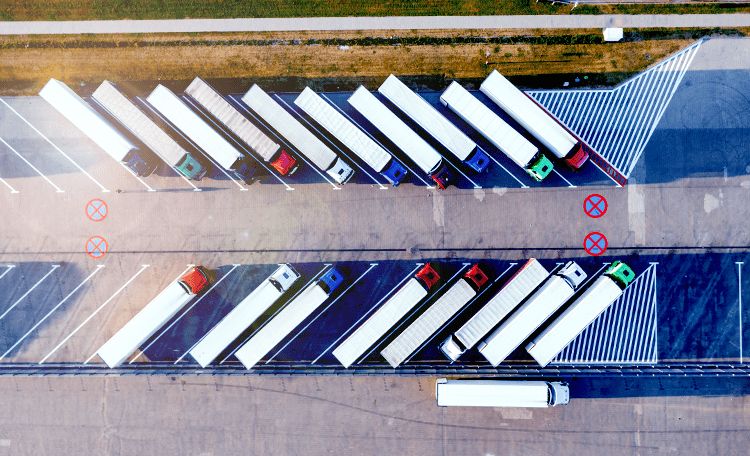
Commercial Real Estate Insights
Most Recent
Article • Economy
The Iran Situation: Implications for the Global Economy and Property Markets as of June 26, 2025
Research • Investment / Capital Markets
Abby Corbett • 6/5/2025
Economy

Research • Economy
What to Watch 2022: 10 Indicators for Occupiers & Investors

Research • Economy
Global Office Impact Study & Recovery Timing Report
Article • Economy
James Bohnaker • 6/26/2025
Article • Economy
6/12/2025
Hospitality
Research
InnSights Quarterly Q1 2025 Hospitality Report

Research
European Hotel Investor Compass
Industrial & Logistics

MarketBeat
Article
Northeast Industrial Labor Report
Investor

Article • Investment / Capital Markets
Market Matters: Exploring Real Estate Investment Conditions & Trends
Research • Valuation
Zach Bowyer • 6/10/2025
MarketBeats

MarketBeat
Retail
Insights
Our Neighborhoods Entering a New Era: Medical Focus
Insights • Economy
Australian Childcare Real Estate Investment Market
Podcast • Workplace
Nicola Gillen • 4/26/2021
Data Centers
Research
Global Data Center Market Comparison
Research
Insights • Technology
James Normandale • 1/16/2025
Research • Investment / Capital Markets
Shaun Brodie • 2/29/2024
Sustainability & Wellness
Research • Sustainability / ESG
Industrial Logistics Climate Risk Outlook
Insights • Sustainability / ESG
Boost Your Building's Energy Efficiency: Stay Ahead of Singapore's New MEI Regime
Insights • Sustainability / ESG
5/19/2025
Insights • Sustainability / ESG
3/7/2025
Technology
Research • Technology
Asia Pacific Data Centre Investment Landscape
Research • Technology
Asia Pacific Data Centre Investment Landscape
Article • Technology
1/20/2025
Insights • Technology
James Normandale • 1/16/2025
Insights • Technology
James Normandale • 1/16/2025
The Edge Magazine

Research • Workplace
From Putt to Pint: Everyone Wins with Competitive Socializing
Research • Workplace
Bryan Berthold • 12/8/2022
Workplace
Research • Workplace
Experience per Square Foot Instant Insights
Insights in your inbox
Featured MarketBeat Reports

MarketBeat

MarketBeat

MarketBeat

MarketBeat

MarketBeat

MarketBeat

MarketBeat
Articles
Efficiency with impact: the business path to Agenda 2030
Insights
Our Neighborhoods Entering a New Era: Medical Focus

Article • Facilities Management

Insights
Commercial Stamp Duty Calculator





























